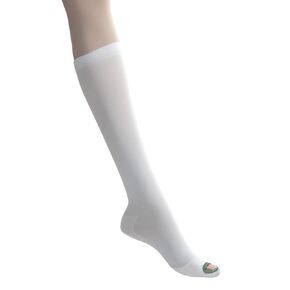- Shopping, made easy.
- /
- Get the app!
Feature:
1. SMALL DETECTION DEVIATION: Red and green colors are pure and can be filtered completely, red and green colors are complementary, effectively avoiding detection deviation.
2. FUNCTION: Clinical test for ocular suppression and amblyopia, which can determine the type of color disorder of the patient.
3. FLASHLIGHT HANDLE: The flashlight in this set of optometry tools has an anti slip design, which is easy to hold and not easy to slip off when using.
4. DISTORTION REDUCTION: The optometry tool comes with color blind clip glasses to help minimize distortion and increase the contrast of all colors.
5. LIGHTWEIGHT: Made from hard, durable plastic, the 4 dot test tools are lightweight and virtually unbreakable. Include the red green glasses, and instructions manual.
Specification:
Item Type: 4 Dot Red Green Light Glasses
Material: ABS
Built inBattery:Lithiumionbattery1200mAH
Product Function:
1. Wearing red and green glasses to observe the four dot light, the use of color complementarity of this situation, the separation of the two eyes.
2. To determine whether there is visualdysfunction in the two eyes in the case of separation of monocular inhibition at the same time.
How to
 Grafco Graduated Medicine Cup - Stainless Steel Medical Measuring Tool for Hospital and Homecare Use - 2"x1-3/4", 2 Oz Capacity - 3241
KWD 4.500
Grafco Graduated Medicine Cup - Stainless Steel Medical Measuring Tool for Hospital and Homecare Use - 2"x1-3/4", 2 Oz Capacity - 3241
KWD 4.500
 Medline Industries MDS202050 Non-Sterile Cotton Tipped Applicator, 3" (Pack of 10000)
KWD 24.500
Medline Industries MDS202050 Non-Sterile Cotton Tipped Applicator, 3" (Pack of 10000)
KWD 24.500
 Medline MDS160688H Stocking, Anti-Embolism, K-L, XL Long, Lf
KWD 8.500
Medline MDS160688H Stocking, Anti-Embolism, K-L, XL Long, Lf
KWD 8.500
 Medline NONSTNDNET06 Elastic Net, Size 6, Stand, 17" x 25 yd., Nongov
KWD 16
Medline NONSTNDNET06 Elastic Net, Size 6, Stand, 17" x 25 yd., Nongov
KWD 16